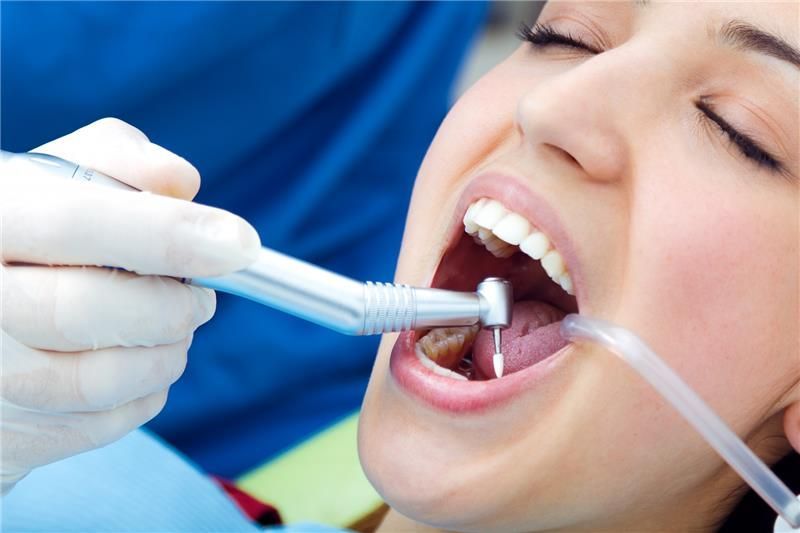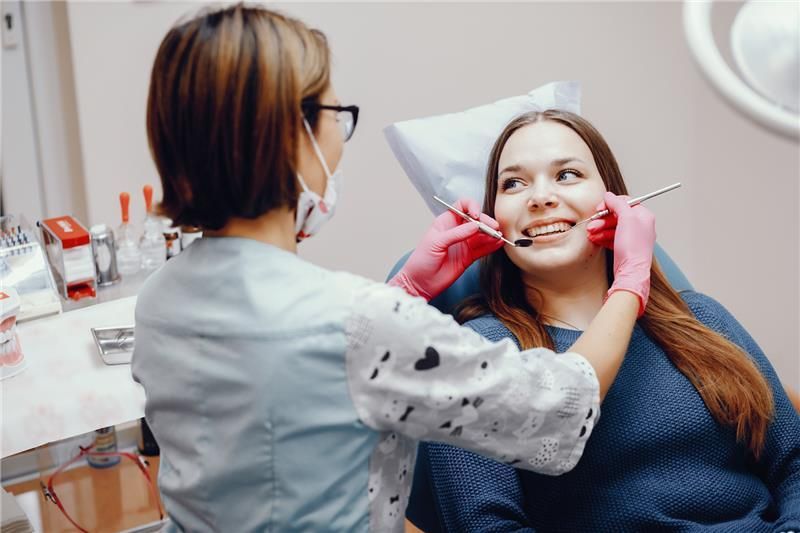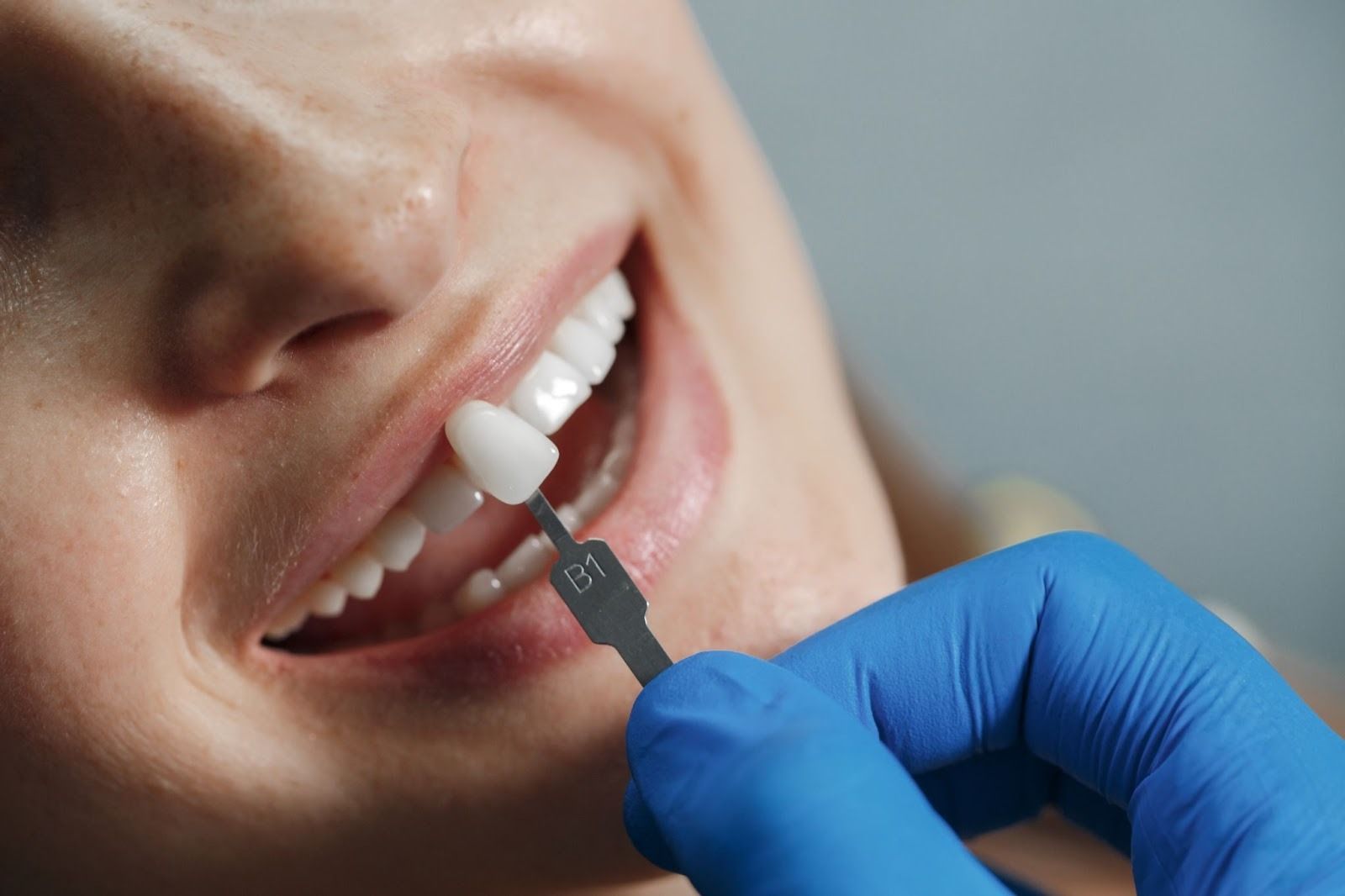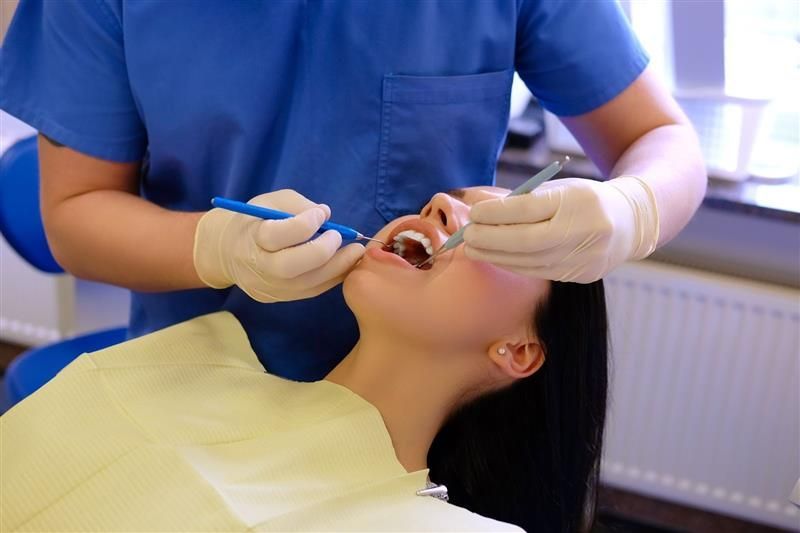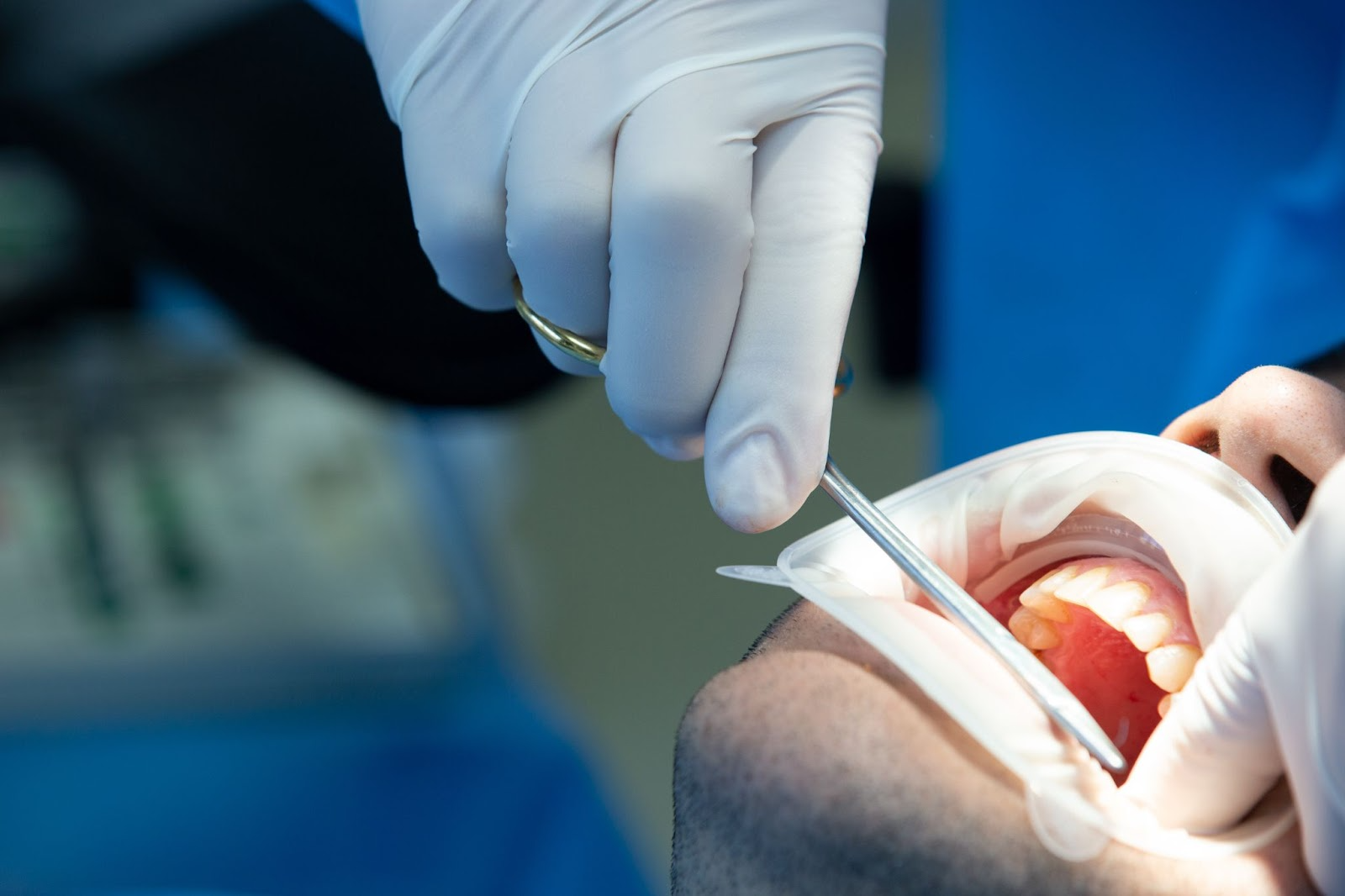Post-Operative Care: Ensuring a Smooth Recovery After Dental Implant Surgery

Dental implants are one of the most effective and long-lasting solutions for replacing missing teeth. While the surgical procedure itself is a significant step, what happens afterward plays an equally important role in your outcome. Proper post-operative care ensures not only a smooth recovery but also the long-term success of your implant.
This comprehensive guide from Park Dental Care Brooklyn provides practical dental implant recovery tips, covering pain management, oral hygiene, dietary guidelines, follow-up visits, and warning signs of complications. Whether you’ve just had surgery or are preparing for it, understanding the recovery process will help you feel confident and informed every step of the way.
What to Expect After Dental Implant Surgery
Following surgery, it helps to know what the recovery timeline looks like so you can plan ahead. These dental implant recovery tips will guide you through each stage:
- Initial Discomfort: Swelling, bruising, and mild bleeding are common during the first 48–72 hours.
- Gradual Healing: Most patients feel significantly better within 7–10 days.
- Implant Integration: Osseointegration, where the implant fuses with the bone, may take 3–6 months.
- Long-Term Success: Recovery is not just about healing but ensuring the implant becomes a permanent, stable part of your smile.
Managing Pain and Discomfort
Immediate Post-Surgery Care
- Take prescribed pain medication as directed by your surgeon.
- Use over-the-counter anti-inflammatories if advised.
- Apply an ice pack on the outside of the cheek for 15–20 minutes at a time during the first day.
Practical Comfort Tips
- Keep your head elevated while sleeping to minimize swelling.
- Avoid strenuous activity for at least 48 hours.
- Expect minor bleeding; bite gently on gauze pads to control it.
Oral Hygiene After Implant Surgery
Good hygiene is essential to prevent infection and support healing.
Brushing and Flossing
- Avoid brushing directly over the surgical site for the first few days.
- Use a soft-bristled toothbrush when resuming.
- Rinse gently with a saltwater solution (½ teaspoon salt in 8 oz of warm water) 2–3 times a day.
Special Considerations
- Avoid commercial mouthwashes with alcohol for at least 2 weeks.
- Follow your dentist’s instructions if they recommend an antimicrobial rinse.
- Consider using an interdental brush or water flosser once healing advances.
Dietary Guidelines for Recovery
Food choices make a big difference in comfort and healing speed.
Foods to Eat
- Soft foods like yogurt, mashed potatoes, applesauce, and smoothies.
- Protein-rich options such as eggs, fish, or soft beans to aid tissue repair.
- Hydrating fluids like water, milk, or broths.
Foods to Avoid
- Hard, crunchy, or sticky foods that can disturb the implant site.
- Very hot or spicy foods that may irritate the tissue.
- Alcohol and carbonated drinks, which can slow healing.
Pro Tip
Try to chew on the opposite side of the surgical area until you’re cleared by your dentist.
The Role of Follow-Up Visits
Follow-up appointments are crucial for monitoring healing.
- First Visit (1 week): Stitches may be removed, and the implant site is checked.
- Second Visit (1 month): Dentist ensures proper healing and gum adaptation.
- Ongoing Visits: Every 3–6 months to track osseointegration and oral health.
Skipping visits can lead to unnoticed complications that compromise implant success.
Signs of Complications to Watch For
Most patients heal without problems, but you should contact your dentist if you notice:
- Persistent or severe pain beyond the first week.
- Excessive bleeding that doesn’t improve.
- Swelling that worsens after 72 hours.
- Signs of infection (pus, foul odor, or fever).
- Loosening of the implant.
Early intervention can often prevent a small issue from becoming a major problem.
Lifestyle Adjustments During Recovery
- Quit Smoking: Smoking slows down bone healing and increases implant failure risk.
- Limit Alcohol: Alcohol impairs healing and may interfere with medications.
- Practice Patience: Full recovery takes time — rushing back to normal habits can jeopardize success.
Long-Term Care for Dental Implants
After the initial healing period, dental implants should be cared for like natural teeth.
- Brush twice daily with fluoride toothpaste.
- Floss once a day, focusing on the gumline.
- Visit your dentist every 6 months for cleanings and exams.
- Consider wearing a nightguard if you grind your teeth.
Conclusion
Recovery after dental implant surgery is a vital phase that determines how well your implant integrates and lasts. By following your dentist’s instructions on managing pain, maintaining oral hygiene, sticking to dietary guidelines, and attending follow-up visits, you give your new implant the best chance for long-term success.
Pay attention to your body, and don’t hesitate to reach out to your dental team if something doesn’t feel right. With the right care, your implant can provide a lifetime of confident smiles. If you are ready to begin your journey toward lasting oral health, call us for appointment today.
FAQs
1. How long does it take to recover from dental implant surgery?
Most patients feel better within 7–10 days, but full osseointegration takes 3–6 months.
2. Can I brush my teeth after implant surgery?
Yes, but avoid brushing directly over the surgical site for the first few days.
3. When can I return to work after surgery?
Many patients return within 2–3 days, depending on the complexity of the procedure.
4. What foods are best for implant recovery?
Soft, nutrient-rich foods like yogurt, eggs, and smoothies support healing.
5. What happens if my implant feels loose?
Contact your dentist immediately; early intervention can prevent failure.

